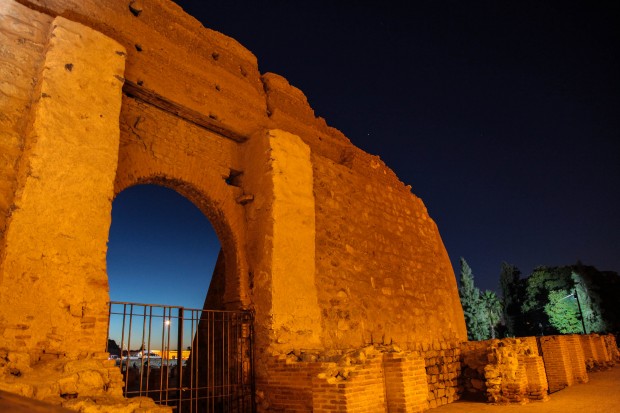Morocco’s Homophobic statement on Mob Attack
In the wake of a mob attack on a man in Fez on June 29, 2015, Justice Minister Moustapha Ramid has said the assailants should be prosecuted and two suspects are in custody, he has made several anti-gay statements since the assault. He said that homosexuals should avoid “provoking society,” and that citizens must not “enforce the law themselves” – as though the victim had been breaking the law due to his appearance. The Justice Ministry frequently prosecutes men under the country’s anti-homosexuality laws, in a press release issued by Human Rights Watch.
“What the person in charge of justice in Morocco should be announcing in the wake of this gay-bashing incident is a zero-tolerance policy toward such attacks,” said Sarah Leah Whitson, Middle East and North Africa director. “Instead, he goes around making statements that suggest that people perceived as gay are abnormal and share the blame for anti-gay violence.”
The beating began at about 1:30 a.m., July 29, when a taxi driver ejected a male passenger after a dispute, shouting repeatedly that the passenger was a “khanit,” local pejorative slang for a homosexual or effeminate man, the victim told Human Rights Watch. A crowd surrounded the man and pummeled him, knocking him to the ground as they continued their attack, a scene that was captured on cell phones and posted on Moroccan news websites. In the videos the victim appears to have long hair and to be wearing a white robe. “The taxi driver’s yelling caused this whole thing,” he said. “I didn’t invite this attack or deserve it. I’m like any other person.’’
On July 1, the police announced the arrest of two 30-year-old suspects. At a first hearing on July 7, the Fez court refused to provisionally release the suspects and scheduled a second hearing for July 23. Moroccan media reported that they are being charged with assault. Fifty-five lawyers from several regions of the country, many representing Moroccan human rights organizations, have offered the victim legal support.
A policeman aided by a few youths eventually extricated the victim, who was taken to a police station, where he remained until noon the following day. The police questioned him about the beating but filed no charges against him.
Human Rights Watch is aware of a series of cases in which men have been prosecuted and imprisoned under article 489 of Morocco’s Penal Code, which provides a prison sentence of between 6 months and 3 years for “acts against nature when committed between members of the same sex.” Many of the trials appear to have been unfair, including two 2014 cases. In May, a first instance court sentenced three men in Taourirt to three years in prison for alleged homosexual acts in a private setting. The case is before the Oujda Appeals Court.
Morocco should abolish article 489 and decriminalize all sexual relations between consenting adults, Human Rights Watch said. The combination of a country that enforces anti-gay laws, a justice system that denies a fair trial, and the social stigma attached to homosexuality is a formula for serious violations of the rights to privacy and equality and other basic rights.

























































